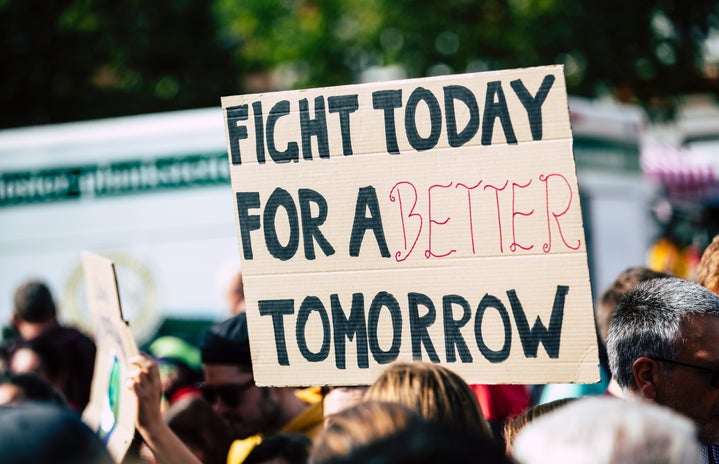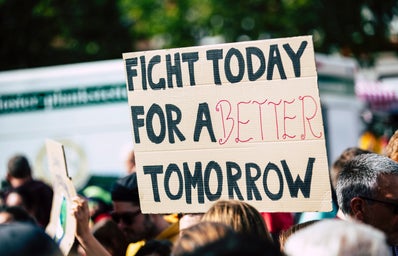Across the news, we have been seeing the UAW strikes, yet I have noticed what has mostly been covered is the effect it is having on the economy. If Big Three auto workers go on strike, there is a projected loss of $5 billion in the economy (Buchwald.) The focus at the end of the day is why these workers are on strike and the losses they will have to take fighting for fair working conditions and pay.
My dad has been working for Ford for 23 years, having different roles in the factories he has worked in. Every time he came home during both the summer and winter, he would be drenched in sweat from how hot the shop was, reaching over 100 degrees sometimes. The long, blue-collar overalls do not help the temperature control either. The job takes a physical toll on the body as well, causing long-term shoulder and back problems. Some plants do not offer the maximum allotted time for breaks or none at all, desperate to get a quota in for the day. The conditions can be unbearable, and the pay does not compensate for it.
In today’s economy, prices do not line up with wages most Americans are making. While fighting for fair compensation, workers will only receive $500 checks from the UAW and no pay from their company while they are on strike. Most healthcare, dental, vision, and hearing benefits are being taken away as well, making them have to pay out-of-pocket during an emergency or appointment, living on $500 paychecks that go to rent, payments, family, etc. If they work on top of this in the meantime, their benefits from the UAW could also get pulled (Afshar & Isidore.)
Workers who have been with the Big Three for many years have been grandfathered into many pension, savings, and benefit plans that recent employees do not have access to. As a result, these workers have money to fall back on compared to newer workers, who likely have young families or have more than one person in their household to support (AP.) The fight for fair compensation could leave these workers living check to check.
There are mixed feelings about the UAW strike, but from the perspective of a child of an auto worker, I hope it ends soon in favor of the workers. Seeing the physical and mental toll working in a shop has on somebody, I personally think it is time more is done to fight for fair compensation and conditions.

